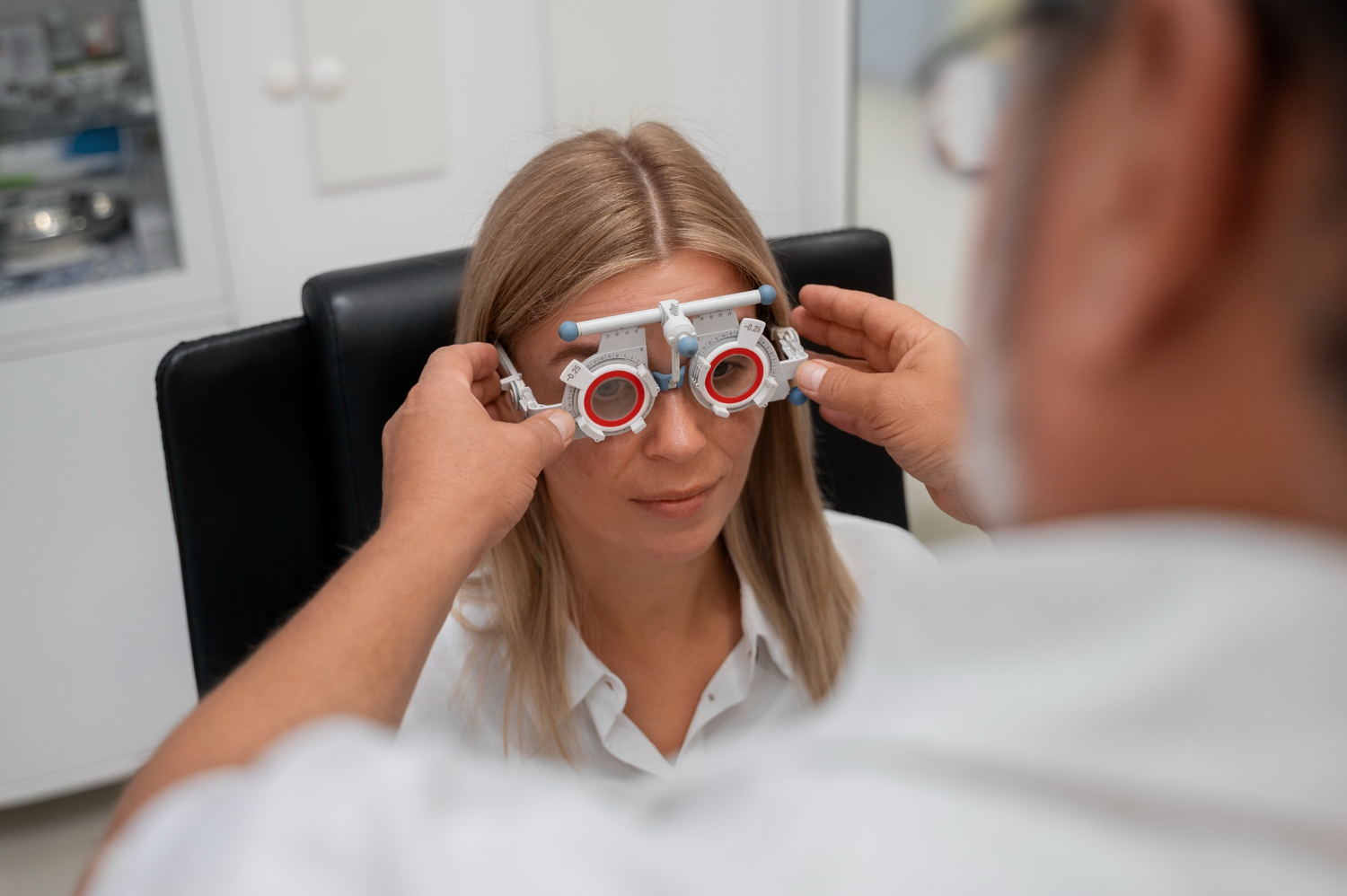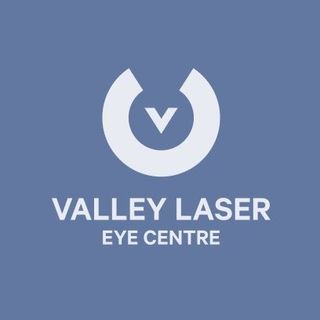With over one billion people around the world suffering from a vision impairment, it has become crucial to provide a safe space for individuals to get a consultation and a course of action. Thankfully, modern technology has made it possible to correct a wide variety of vision problems. Many laser eye clinics and other vision correction facilities have been set up to give these individuals immediate access to the facilities and medical care they require.
While laser eye surgery, commonly known as LASIK, is the most known procedure, there are other surgeries that can be prescribed depending on certain health nuances. For example, if you are suffering from age-related farsightedness (otherwise known as presbyopia), or extreme farsightedness in general, then Refractive Lens Exchange may be a more ideal course of action for you.
What Is Refractive Lens Exchange?
Refractive lens exchange (RLE) is a procedure where the surgeon removes the natural lens of the eye and replaces it with an intraocular lens (IOL). It is very similar to cataract surgery; the difference is that in RLE, the lens being replaced is still clear, while cataract surgeries replace cloudy lenses.
RLE is an alternative for people who cannot proceed with LASIK for health reasons, such as dry eye syndrome, previous eye injuries, issues with corneal thickness, and others.
After the RLE procedure, patients rely less on glasses and bifocals. The IOL is a permanent replacement for your natural lens and is designed to last for the rest of your life.
Should I Get RLE?
RLE can be performed on people who have refractive errors and presbyopia; however, it is most ideal for people with extreme farsightedness or from presbyopia. Nearsighted individuals may be referred to a laser vision correction surgery instead. For individuals that suffer from both presbyopia and moderate to severe hyperopia, RLE may be the only option for clearer vision and reduced reliance on glasses.
Candidates for the surgery need to be in good overall health and free of health conditions that may affect the success of the procedure.
It is important that candidates understand the risks and benefits involved with the procedure so that they have realistic expectations about what can be achieved.
RLE vs LASIK
LASIK is still the most popular option for correcting myopia and hyperopia and fortunately, Valley Laser Eye Centre offers these laser eye clinic procedures. If you have a severe refractive error or an abnormally-shaped cornea, however, then you may be more suitable for a lens-based refractive surgery such as clear lens extraction or phakic IOL implantation.
RLE is capable of correcting almost any degree of hyperopia. In cases of moderate and high hyperopia, it was found that RLE surgery is often better than LASIK and PRK outcomes.
As a lens replacement surgery, RLE is more invasive than LASIK and PRK, which are laser-based refractive surgeries. This means that RLE comes with slightly more risk. Fortunately, most complications can be treated with medication or follow-up surgery, and severe complications are rare. This may also be a risk that you’re ready to take, particularly if you have been suffering from severe refractive error and a strong desire to be less dependent on visual aids.
Is RLE right for me?
You’ll need to schedule a consultation to know for sure.
Keep in mind that while RLE has been proven safe and effective, all surgeries are bound to carry a certain degree of risk. This is a topic that you need to discuss in detail with your eye surgeon. As mentioned earlier, it’s a more invasive procedure than that of LASIK and PRK.
Conclusion
Refractive lens exchange is a revolutionary procedure in the eye industry and has allowed many to enjoy improved sight without reliance on glasses or bifocals. If you suffer from refractive errors, you may find this procedure to be an appealing solution to your vision problems. Visit a professional ophthalmologist to see if you’re a candidate.
Looking for a reliable ophthalmologist in Abbotsford? Valley Laser Eye Centre is a vision correction center in the area, and we are dedicated to providing safe and reliable eye care for our clients.
*This blog post does not replace medical advice and should not be implemented prior to consulting a fully certified medical professional.
*





